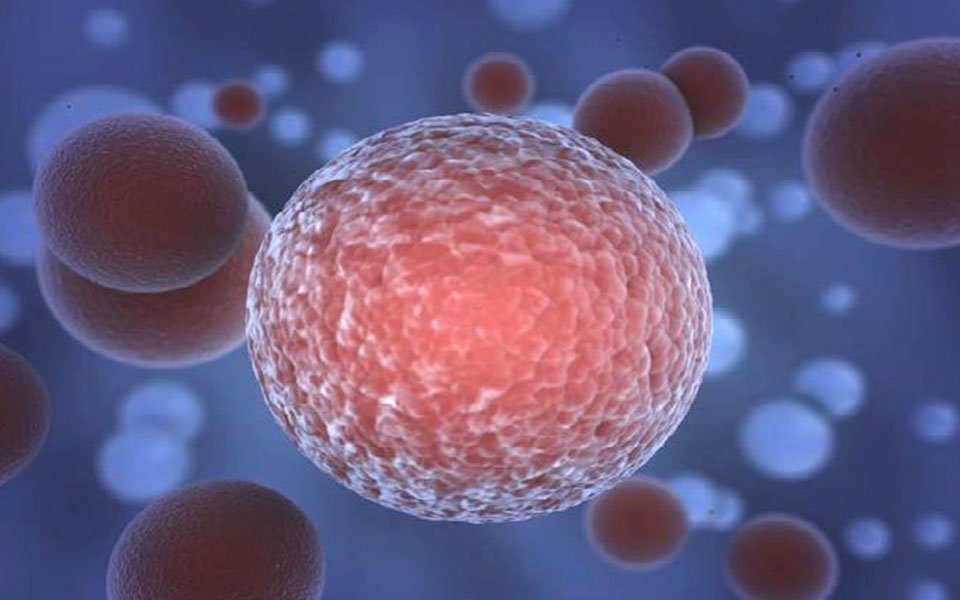New Delhi, June 8: Unlike the widespread defeatist perception about brain tumour, many patients of the disease can be cured with current advances in technology and early detection, doctors said on the World Brain Tumour Day on Friday.
"With the advent of modern technology and advanced surgical modalities, brain tumour is no longer as scary as it used to be a few years ago. If the cases are detected early, then 90 per cent of benign brain tumours are curable," said Rahul Gupta, Senior Brain, Spine and Endovascular Surgeon at Fortis Escorts Heart Institute, New Delhi.
Speaking on one of the latest technology advancements in brain tumour treatment, Gupta said Frameless Neuro Navigation Systems guides the surgeon to the surgical targets without the use of external frames and limits the size of skull opening for safely removing the tumour.
"Not all tumours are cancerous. There are two main types -- noncancerous (benign) and cancerous (malignant). These are graded depending on how fast they grow and what are the chances of it growing back," said Mukesh Pandey, Senior Consultant, Neuro and Spine Surgery, Fortis Hospital, New Delhi.
Doctors advise regular screening as early detection and treatment will help in prevention of complications.
"Timely diagnosis and treatment is very important in deciding the outcome. The most common symptom is headache which is typically early in the morning and it may be associated with repeated vomiting," said Rohit Bansil, Senior Neurosurgeon, BLK Superspeciality Hospital, New Delhi.
"Some patients may even have seizure or weakness of one side of the body or drowsiness, depending on the location of the tumour. If you notice such symptoms, you should immediately see a neurosurgeon," he added.
The exact cause of brain tumour is still unknown but there are some risk factors which may lead to brain tumour. These are old age, past history of the disease, family history and radiation including CT scans, X-rays and radiotherapy, doctors said.
Shirish Hastak, Neurologist at Wockhardt Hospital, Mumbai said that apart from age and family history, there are other key factors that can put one at risk of brain tumour.
"Frequent use of cellphones may cause brain tumour. Preliminary investigations bring to light how the radio frequency energy from cell phones is capable of causing brain tumours; however the results on this are inconsistent. Exposure to certain chemicals which are carcinogenic in nature can also increase the risk of brain cancer. People who are exposed to ionising radiation are highly prone to brain tumours," said Hastak.
In India, every year 40,000-50,000 persons are diagnosed with brain tumour, which is a life threatening medical condition caused by abnormal growth of brain cells.
Let the Truth be known. If you read VB and like VB, please be a VB Supporter and Help us deliver the Truth to one and all.
Ghaziabad (UP) (PTI): Three minor sisters died after allegedly jumping off the balcony of a ninth-floor flat in Ghaziabad early on Wednesday, police said.
Assistant Commissioner of Police (Shalimar Garden) Atul Kumar Singh said the police received information around 2.15 am about three girls jumping off the balcony of the ninth-floor apartment in a tower of Bharat City, located under the Teela Mor police station area.
On reaching the spot, the police found that the girls -- Nishika (16), Prachi (14) and Pakhi (12) -- daughters of Chetan Kumar, had fallen to the ground floor and suffered fatal injuries, the ACP said.
They were rushed by ambulance to a hospital in Loni, where doctors declared them dead on arrival, he added.
The police have initiated legal formalities and are investigating the circumstances leading to the incident, officials said.





